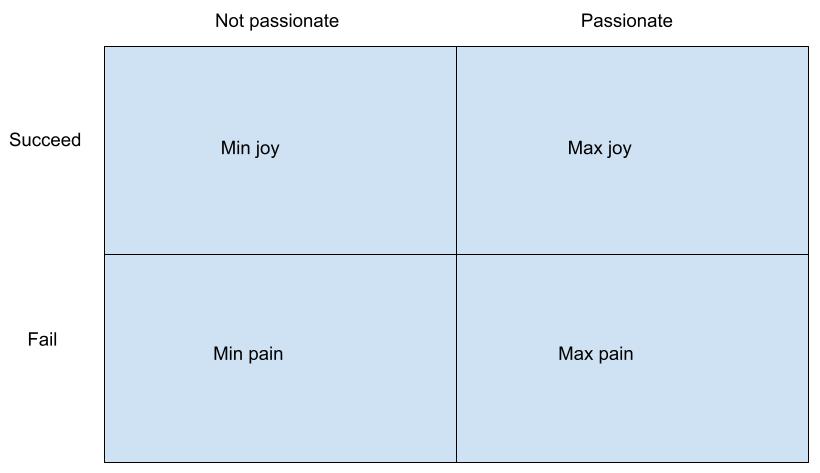Self-narratization is useful for staying inspired, connected, and focused.
It’s a skill that doesn’t get talked about much, but the most successful and happiest people I know are good at it.
It’s the ability to see in the events and decisions of your life a few threads that create a unified story. This is not always easy. Especially when you’re in the moment. Even looking at your past it can be hard, especially if you treat your life like a resume full of sequential bullet-points.
A bullet point list of your activities has no connective tissue. Some of those activities are so different that on their face, there seems to be no connection at all.
But there always is. You are the connective tissue. And your job is to figure out what it is about you that makes these disparate items make perfect sense as steps in the story. What underlying motivations, beliefs, and desires caused your path to unfold in this way?
The process of self-narratization is never-ending. On a micro level, every day requires a story that connects it to yesterday and tomorrow. On the macro level, you’ve got to constantly re-integrate your past selves with the present, and re-position your role in the world at large as it shifts.
Every time I go through this mental exercise, I come out re-invigorated and reconnected to my daily tasks and goals.
I look back at phases of life where I thought differently, pursued different things, believed different strategies, in a world that looked different. What does that have to do with who I am, what I’m doing, and the world I inhabit today?
It’s my job to figure it out. The connections are there.
If I just leave it alone and treat it as if I’ve had many separate versions of myself living in many different worlds, I feel rudderless and start to have existential angst.
But when I zoom far enough out and contemplate the threads that were consistent, I can begin to build a coherent story that connects my life thus far into a coherent arc, one that terminates somewhere in the foggy future, with enough unknown ahead to keep it exciting.
This isn’t about lying to yourself. In fact, it’s about a much deeper level of honesty than just a list of facts. It’s about really digging down to discover the true why and how of your actions. It’s about self-knowledge.
It’s also about self-respect. Treat your past selves not as saints, but as people who knew what they were doing given the information and incentives they had. Unite them into a single you, resolving any tension between past decisions and present priorities.
You have one story. You’ve got to find it and tell it to yourself. Over and over.
Like this:
Like Loading...
